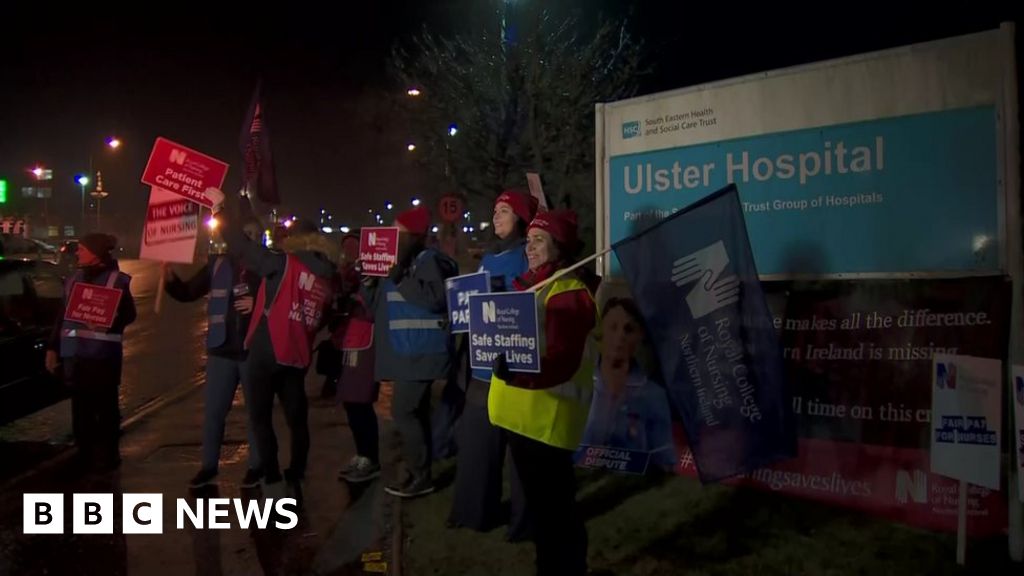
The BBC compensates for the time delay in both broadcasting and receiving equipment, as well as the time for the actual transmission. On other stations, the pips are generated locally from a GPS-synchronised clock. The pips for national radio stations and some local radio stations are timed relative to UTC, from an atomic clock in the basement of Broadcasting House synchronised with the National Physical Laboratory's Time from NPL and GPS. The 2012 project Radio Reunited used the pips to commemorate 90 years of BBC Radio. The News Quiz also featured a special Christmas pantomime edition where the pips went "missing", and the problem was avoided there by only playing individual pips. Radio plays and comedies which have fictional news programmes use various methods to avoid playing the full six pips, ranging from simply fading in the pips to a version played on On the Hour in which the sound was made into a small tune between the pips. The BBC does not allow the pips to be broadcast except as a time signal. They are still used today on BBC One, BBC World News and BBC News. In 1999, pip-like sounds were incorporated into the themes written by composer David Lowe to introduce BBC Television News programmes. A rare quarter-hour Greenwich Time Signal was heard at 05:15 weekdays on Wally Webb's programme on local radio in the east of England until it ended in March 2020, as part of his "synchronised cup of tea" feature. Pips were also heard on many BBC Local Radio stations until the introduction of a new presentation package in 2020. The BBC World Service broadcasts the pips every hour. The pips were previously used at 19:00 on Saturday evenings at the start of Radio 1's 12-hour simulcast with digital station BBC Radio 1Xtra.īBC Radio 3 and BBC Radio 5 Live do not currently broadcast the pips. Chris Moyles continues to use the pips at the beginning of his show on Radio X. As most stations only air the pips on the hour, The Chris Moyles Show was the only show where the pips were broadcast on the half-hour. The pips were used on BBC Radio 1 during The Chris Moyles Show at 06:30 just after the news, 09:00 as part of the "Tedious Link" feature, 10:00 (at the end of the show) and often before Newsbeat. On BBC Radio 2, the pips are used at 07:00, 08:00 and 17:00 on weekdays, at 07:00 and 08:00 on Saturdays and at 08:00 and 09:00 on Sundays. No time signal is broadcast at 10:00 on Sundays, before the omnibus edition of The Archers. Normally, BBC Radio 4 broadcast the pips every hour except at 18:00 and 00:00, and at 22:00 on Sundays (at the start of the Westminster Hour) when they are replaced by the striking of Big Ben at the Palace of Westminster. The pips are available to BBC radio stations every fifteen minutes, but, except in rare cases, they are only broadcast on the hour, usually before news bulletins or news programmes. Until 1972, the pips were of equal length and confusion arose as to which was the final pip, hence the last pip is now of extended length. The signal is generated at each quarter-hour and has on occasion been broadcast in error. Īlthough normally broadcast only on the hour by BBC domestic radio, BBC World Service uses the signal at other times as well. Although "negative" leap seconds can also be used to make the year shorter, this has never happened in practice. Before leap seconds were conceived, the final pip was the same length as the others. The possibility of an extra pip for the leap second thus justifies the final pip being longer than the others, so that it is always clear which pip is on the hour. In this case the first pip occurs at 23:59:55 (as usual) and there is a sixth short pip at 23:59:60 (the leap second) followed by the long pip at 00:00:00. When a leap second occurs (exactly one second before midnight UTC), it is indicated by a seventh pip. The actual moment when the hour changes – the "on-time marker" – is at the very beginning of the last pip. Each pip is a 1 k Hz tone (about a fifth of a semitone above musical B5) the first five of which last a tenth of a second each, while the final pip lasts half a second. There are six pips (short beeps) in total, which occur on each of the 5 seconds leading up to the hour and on the hour itself.

Problems playing this file? See media help.


 0 kommentar(er)
0 kommentar(er)
